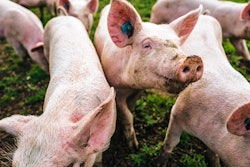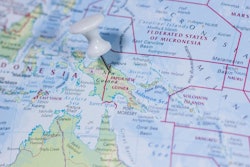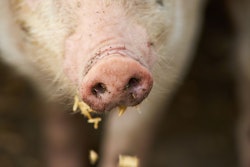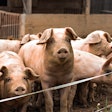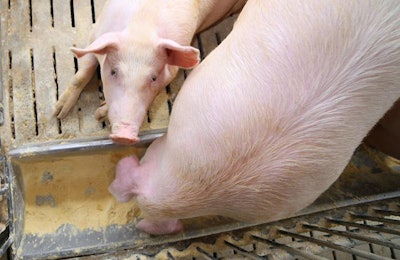
Australia ag minister says restrictions are being considered in response preparations
Queensland’s Agriculture Minister Mark Furner has raised concerns that the novel coronavirus (COVID-19) pandemic could affect the Australia’s ability to detect and defend against African swine fever (ASF).
Furner said the restrictions put in place to slow the spread of COVID-19 would affect the way the government and the swine industry would respond to an ASF outbreak, but Biosecurity Queensland has considered the restrictions in its response preparations.
“As COVID-19 is significantly impacting how we all go about our daily lives, the early detection and reporting of African swine fever is critical to stopping the spread of this disease,” he said in a statement. “If African swine fever became established in Queensland it would be difficult to eradicate and could significantly impact pork availability, jobs and the economy. That is why African swine fever prevention and preparedness remains a priority for Queensland and if it is detected here in Queensland we will respond.”
ASF has not been detected in Australia, but it was confirmed recently for the first time in nearby Papua New Guinea. The source of the infection is unknown, but the official report to the World Organization for Animal Health (OIE) put the number of outbreaks at four in early April. These formed a cluster in four villages in the province of Southern Highlands, according to the country’s animal health authority. Outbreaks began at the start of March, and affected 700 free-ranging pigs, of which almost 400 died.
Biosecurity controls ramped up
In September 2019, Australia’s then-Agriculture Minister Bridget McKenzie held an emergency roundtable of experts to identify what more can be done to keep the deadly pig disease out.
“African swine fever is potentially the biggest animal disease event the world has ever seen and it’s marching south through Asia, towards Australia,” she said at the time. “We need to make sure we’re doing all we can to keep this disease out so we can safeguard Australia’s 2,700 pig producers, the 36,000 jobs that rely on their businesses, and all those millions of Australians who enjoy eating our safe, high-quality bacon and pork.”
The government has ramped up inspections of people and packages arriving from countries affected by ASF.
“We’ve suspended trade of high-risk pig products from affected countries and we’ve banned travelers bringing in pork jerky from all countries,” she said. “We need everyone to take biosecurity seriously and make sure they don’t become a vector for a disease that could decimate our domestic pig industry and way of life by doing the right thing when bringing things into the country.”
View our continuing coverage of the African swine fever outbreak.


